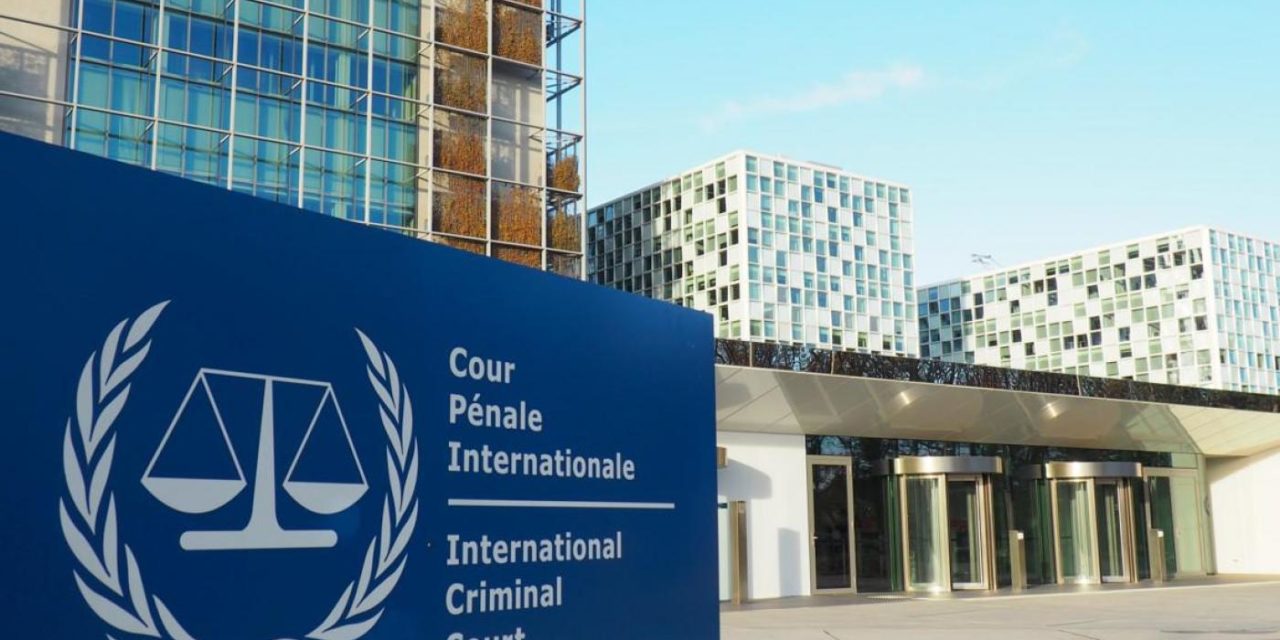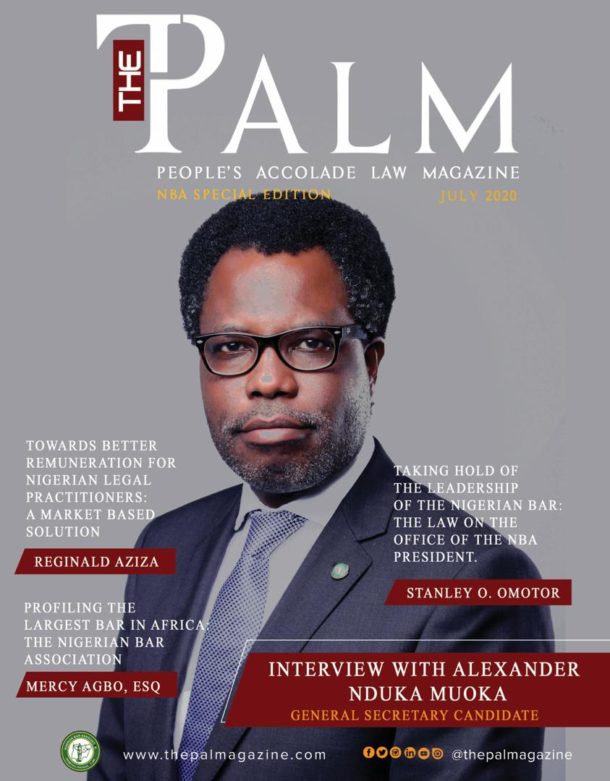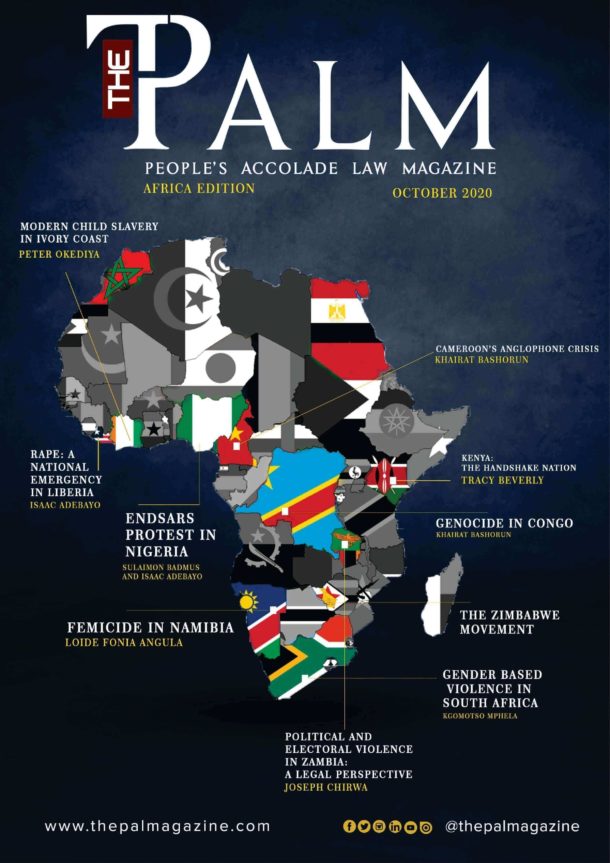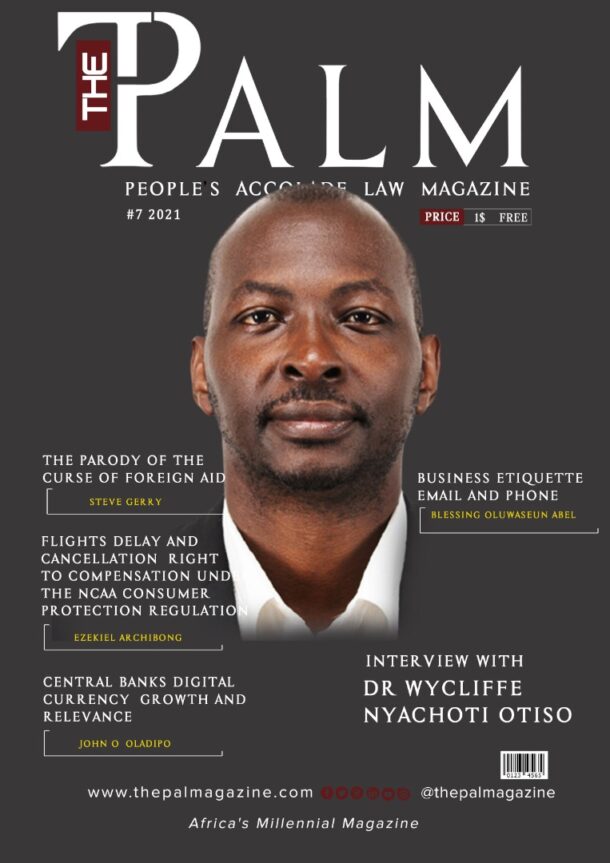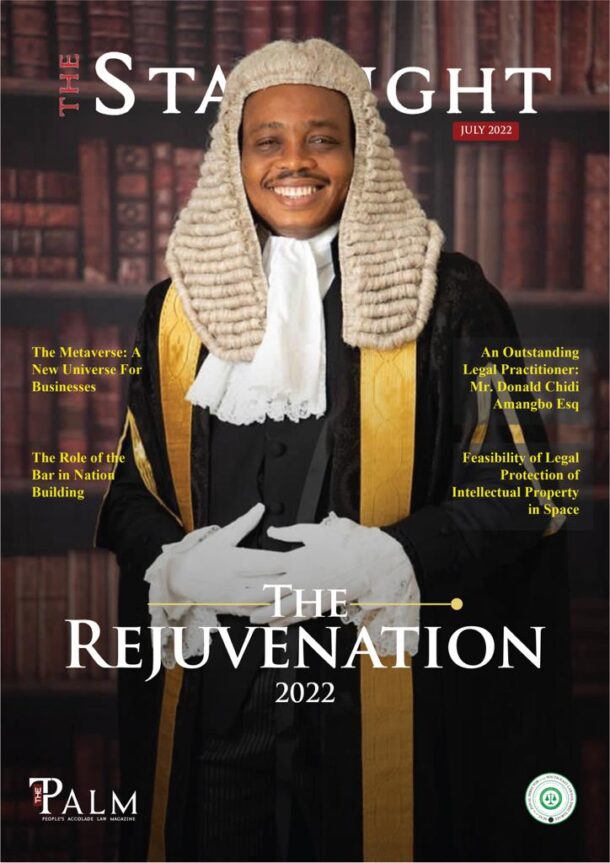The International Criminal Court is at the helm of fighting interstate crime with a major focus on four major crimes. However, the application of its rules on admissibility and jurisdiction has caused mayhem as far as establishing whether traditional state sovereignty is still prevalent in the International Law discourse where the court operates. This article intends to show that the aforementioned rules have eroded the long-held notion of state sovereignty in this globalised world economy. This article has three main sections. The first discusses the history and role of the court. The second delves into the understanding of the state sovereignty doctrine and the last part analyses how the rules on admissibility and jurisdiction have eroded state sovereignty.
The International Criminal Court
The International Criminal Court (ICC) is the first-ever permanent, treaty- based, international criminal court. It was established to promote the rule of law and to ensure that the gravest international crimes do not go unpunished. The Rome Statute of the ICC was established on 17 July 1998, when 120 States participating in the “United Nations Diplomatic Conference of Plenipotentiaries on the Establishment of an International Criminal Court” adopted the Statute. The Statute entered into force on 1 July 2002.
The crimes tried by the ICC reflect the most serious crimes of concern to the international community, namely, the international offenses of genocide, war crimes, crimes against humanity, and the crime of aggression. The jurisdiction of the ICC is not retroactive and covers offenses that occur after July 1, 2002.
The concept of state sovereignty.
The term ‘sovereignty’may be used as a synonym for independence. This view is reiterated by the arbitrator Max Huber in the Palmas Island Deal in which he stated that Sovereignty in the relations between States signifies independence; Independence in regard to a portion of the globe is the right to exercise therein, to the exclusion of any other State, the functions of a State. Carl Schmitt explains the essence of sovereignty to include producing and securing the situation as a whole, have a monopoly on the latest decisions, not monopoly of coercion or to lead, but the monopoly to decide. Sovereignty must also be understood in relation to its given meaning in any specific time or space.
The emergence of international organisations as actors in international relations governed by international law and the exercise of sovereignty by States within international organizations outlines the competition between the nation-state and organisational entities. This gives rise to the possibility that States, by mere recognition of the existence and supremacy of international law, are less than sovereign as a result of their agreement to curtail their own power. This understanding justifies the inroads that international organizations through their supranational status have violated the concept of state sovereignty as elaborated below.s have violated the concept of state sovereignty as elaborated below.
The International Criminal Court Rules and state Sovereignty; A critical Analysis
The ICC’s rules on Jurisdiction and Admissibility under Part 2 of the Rome statute lay down the modus operandi of instituting matters in this court. This article throws light… click to continue reading from the August 2020 Edition

